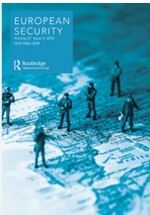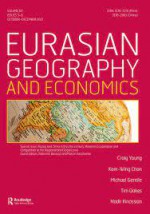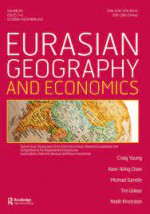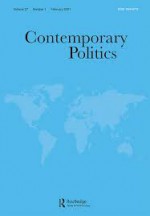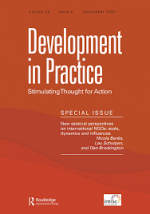Communal self-governance as an alternative to neoliberal governance: proposing a post-development approach to EU resilience-building in Central Asia
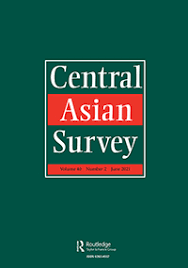
In the European Union’s (EU) new Strategy for Central Asia, which was launched in May 2019, boosting the resilience of Central Asian societies is singled out as a key priority. Drawing on post-development thinking, this article argues that if the EU is serious about promoting resilience to empower ‘the local’ and contribute towards a truly sustainable future for the societies of Central Asian countries, then the EU will need to embrace a de-centred, post-neoliberal approach to resilience. This implies that the EU would have to accept ‘the other’ – in this case, the Central Asian societies – for what they are and advocate home-grown self-organization based on a deep understanding of the local meaning of good life and local knowledge about the available resources. Empirical illustrations to substantiate this claim are drawn from a concrete case, namely the mahalla in Uzbekistan.

